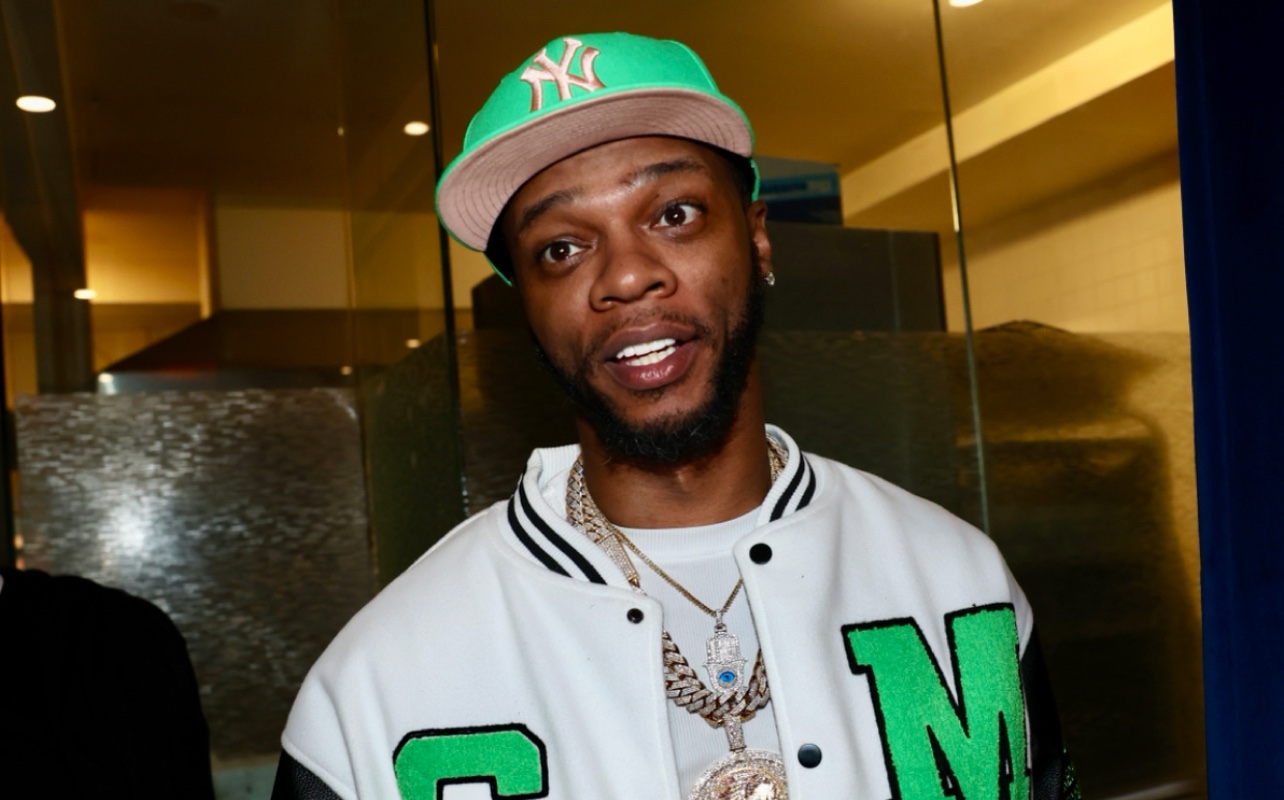
May 10, 2024
Papoose Addresses Support For Assembly Bill A127
The New York State bill would prevent prosecutors from using "creative or artistic expression against" a defendant in criminal cases
Brooklyn-bred rapper Papoose appeared at an important hearing at the New York State Capitol to address support of Assembly Bill A127, which would prevent prosecutors from using “creative or artistic expression against” a defendant in criminal cases (specifically with hip-hop, the rapper’s lyrics in songs).
Papoose posted several clips of him speaking to politicians expressing his thoughts on the new bill. He explained that hip-hop was able to take many rappers out of their environment to make a career instead of falling victim to the struggles they routinely encountered. He wanted the elected officials to hear that using a person’s lyrics against them in a court case was unfair.
“Today, we visited the capital to fight for change on a very important issue. I used my tracks titled “Law Library” as a reference. In New York, the music industry significantly contributes to the economy and culture. With over 202,000 jobs created and a substantial $19 billion contribution to the state’s GDP, music plays a vital role in New York’s prosperity.”
He stated that the bill, introduced by Assemblywoman Cruz and other lawmakers, would ensure that recording artists could express themselves without fear of reprisal. A companion bill, Senate Bill S1738, was passed on March 27.
He also mentioned that studies have proven prosecutors mainly use this method against hip-hop artists.
“Researchers and legal scholars have seen this practice apply almost exclusively to hip-hop and rap. And while the legislation is not genre-specific, it is impossible to ignore the detrimental impact the existing practice has had on certain Black and Brown artists practicing their craft. By providing clear legal guidelines on the admissibility of lyrics as evidence, AB127 aims to prevent the unjust weaponization of creative expression for prosecutorial purposes.”
This method of using rappers’ lyrics against them has been brought up in recent cases, specifically the RICO (Racketeer Influenced and Corrupt Organizations Act) case against Atlanta rapper Young Thug.